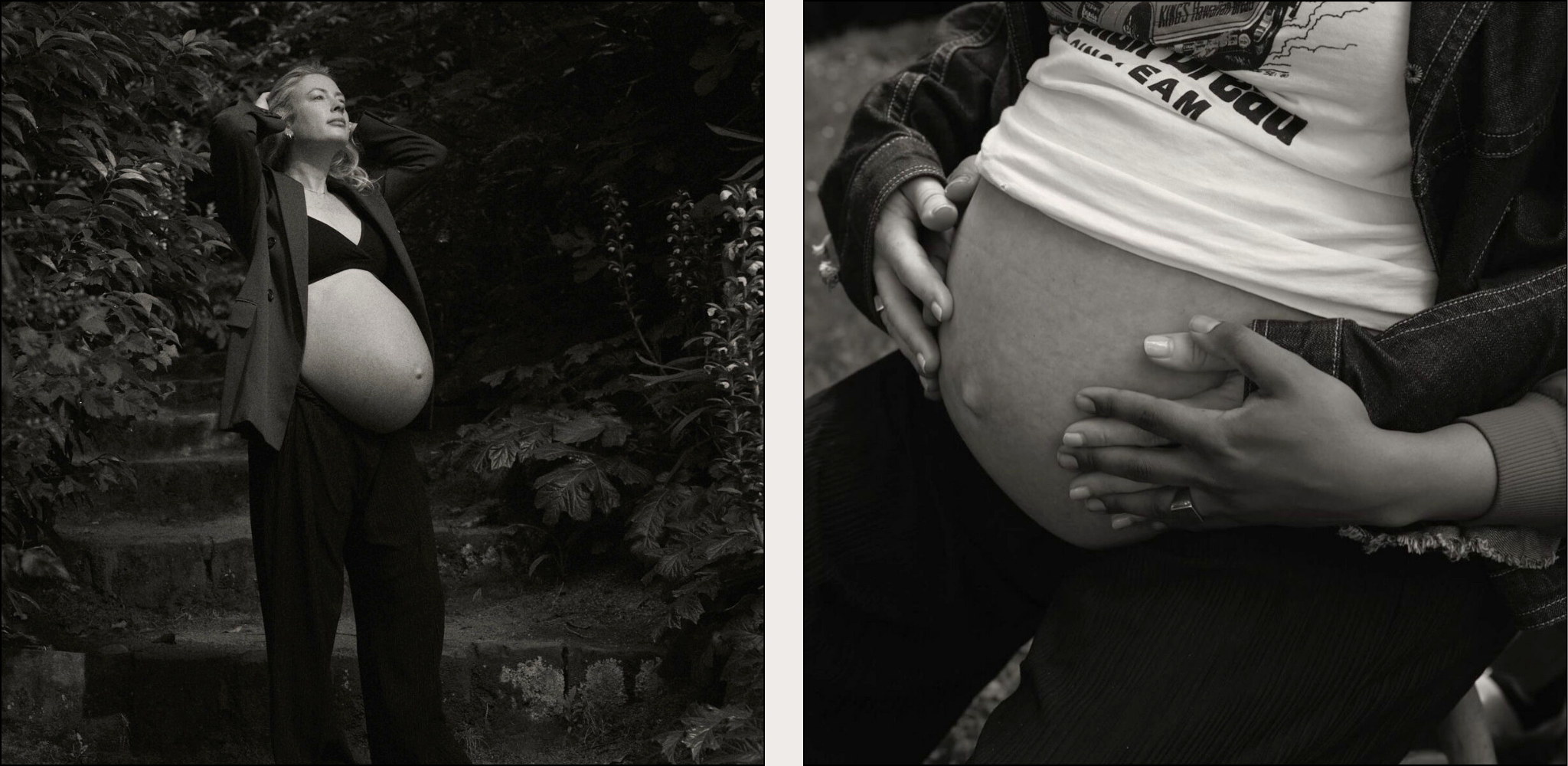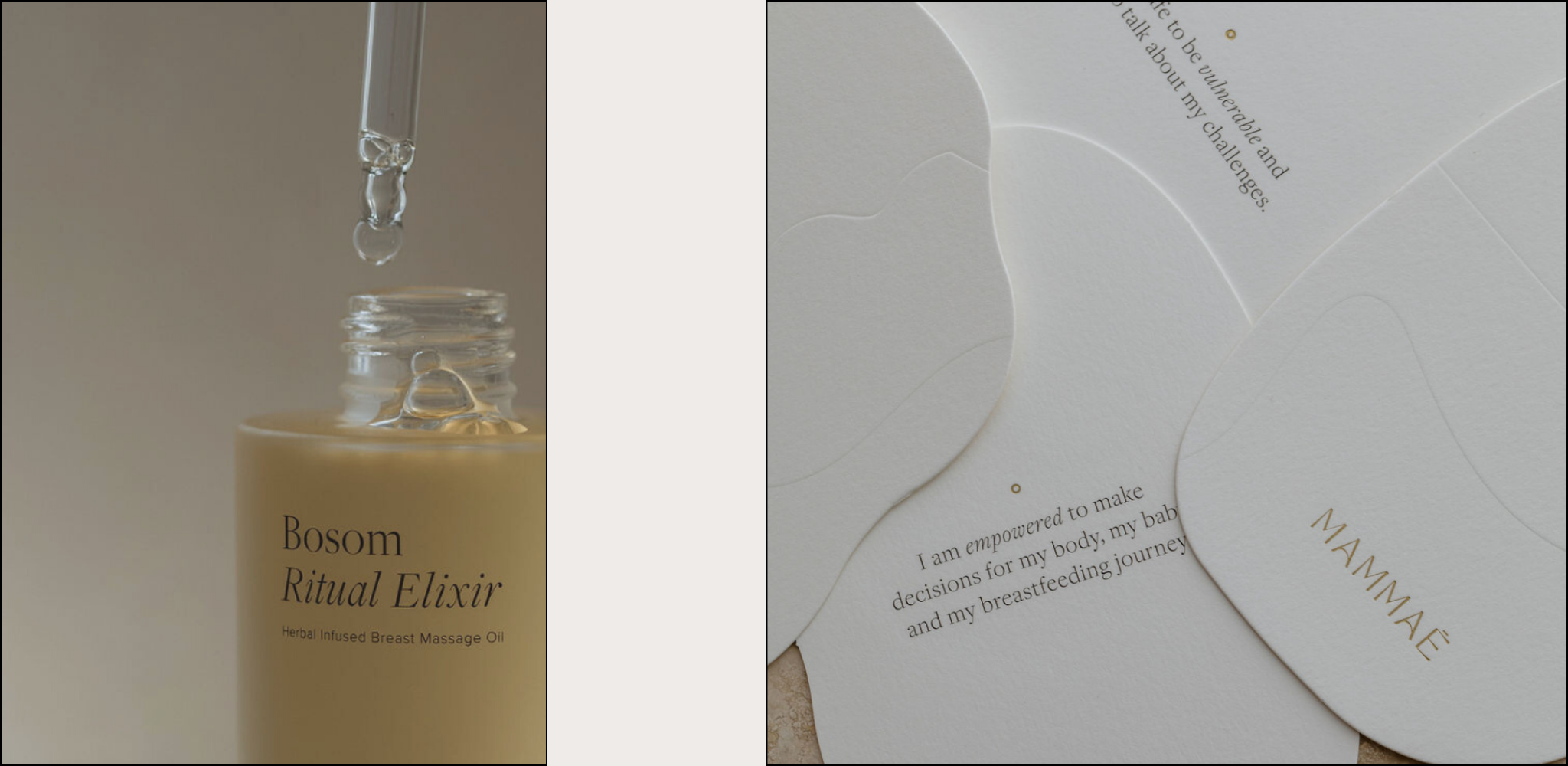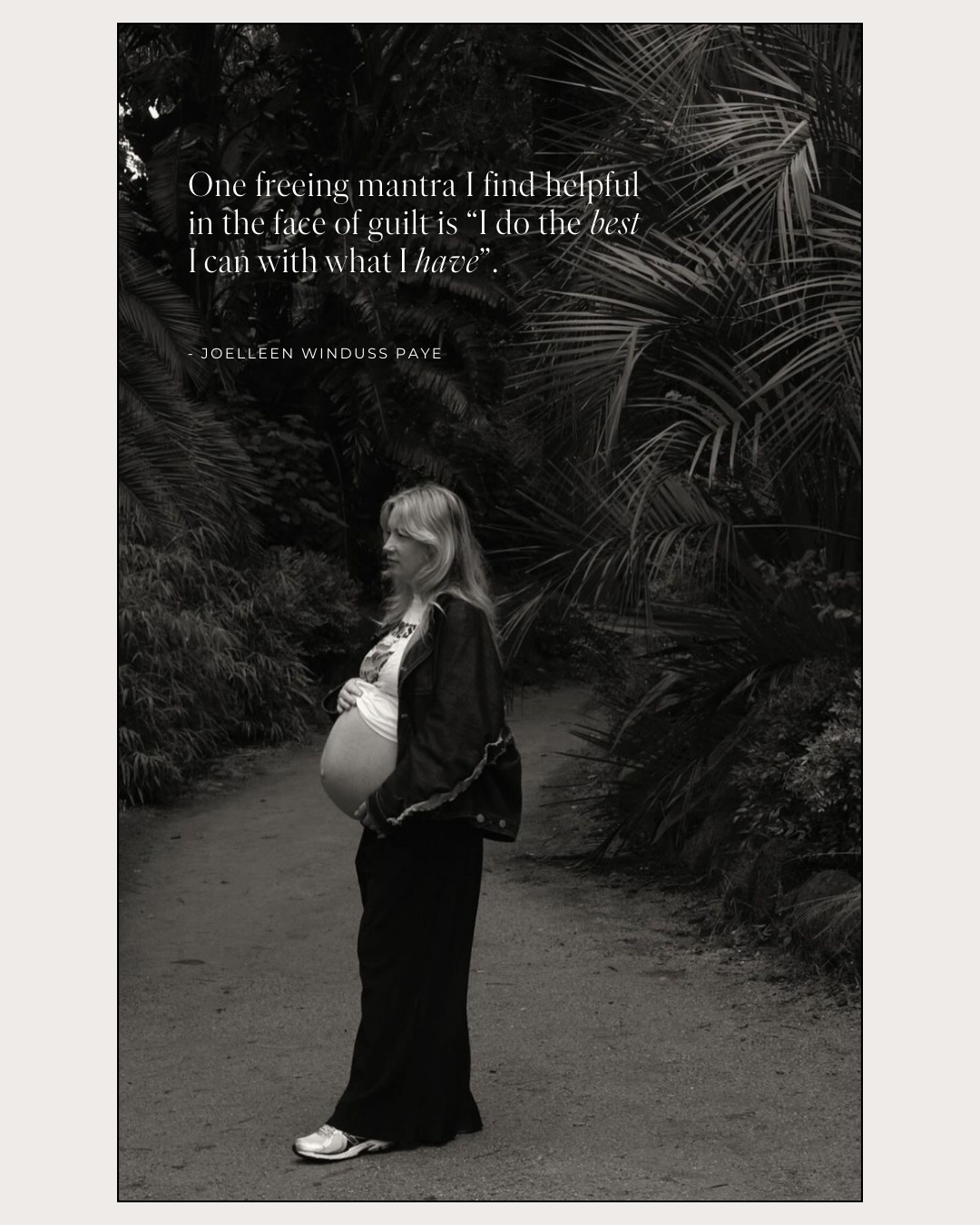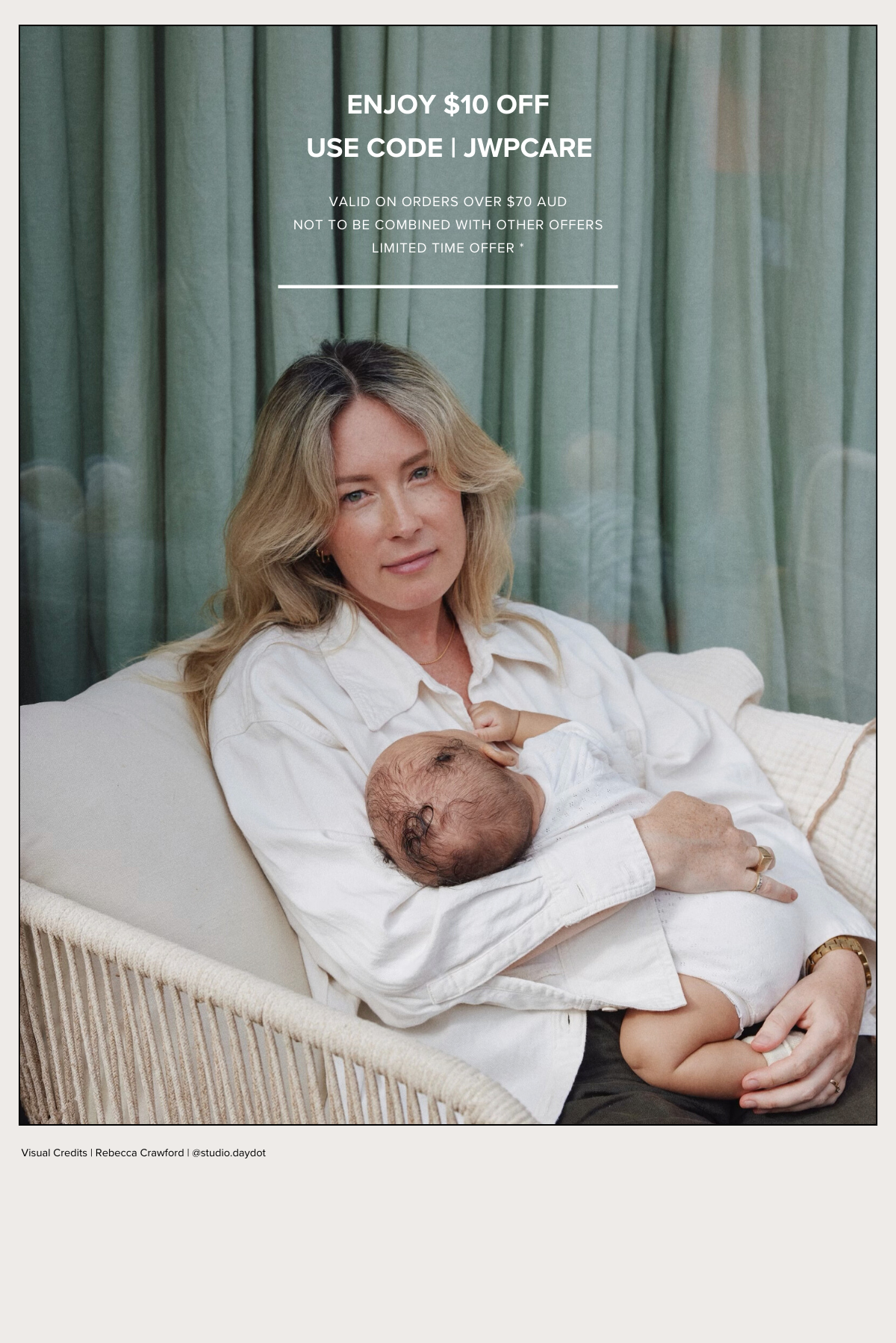
An Exclusive Interview with Joelleen Winduss Paye, Experienced IBCLC, Midwife & Naturopath.
In the delicate and often overwhelming journey of motherhood, few experiences are as profound and intimate as breastfeeding. Yet, amidst the joy and bonding it brings, mothers frequently encounter unexpected challenges and uncertainties.
In this exclusive interview, we sit down with Joelleen Winduss Paye, an esteemed International Board Certified Lactation Consultant (IBCLC), midwife and naturopath to unravel the complex realities of breastfeeding. Drawing from her extensive expertise and compassionate approach, Joelleen shares insights from her first hand experiences as a new mother, that resonate deeply with both seasoned mothers and those commencing their breastfeeding for the very first time.
Throughout our conversation, Joelleen sheds light on the multifaceted aspects of breastfeeding, from the physiological intricacies to the emotional toll it can take on mothers. With a keen focus on evidence-based practices and holistic support, she delves into the challenges that often go unspoken, offering guidance and reassurance to those navigating the ups and downs of breastfeeding.
Regardless of experience, it is our hope to empower mothers with knowledge, compassion, and the reassurance that they are never alone in their breastfeeding journey.
 Having been an IBCLC and midwife for many years, how has your professional knowledge and experience influenced your approach to breastfeeding as a new mum?
Having been an IBCLC and midwife for many years, how has your professional knowledge and experience influenced your approach to breastfeeding as a new mum?
Throughout my extensive experience supporting breastfeeding families, I've encountered many challenges within this space. I'll candidly admit, there was a time in my career when I found myself on the brink of losing faith in the possibility of successful breastfeeding. However, the key to overcoming this hurdle was thorough preparation. I committed to practising antenatal hand expressing from 36 weeks, setting up my breastfeeding space, and familiarising myself with the tools I had selected that were essential for my breastfeeding journey, including a breast pump and silver nursing cups. Additionally, I made sure to stay connected with a trusted colleague who could provide invaluable support and guidance with my own breastfeeding journey.
It’s not so much professional experience, but I always grew up with a mother who spoke of her breastfeeding experience very fondly, and I feel that that helped me on a deeper level to imagine that my experience could also be positive.
Can you paint a picture of what your breastfeeding journey looked like in the early hours and days after giving birth? What were the immediate challenges and surprises, and how did those initial moments shape the course of your breastfeeding experience as a new mum?
Our very first breastfeed was not as I had imagined it would be. I had spent so much time envisioning the breast crawl unfolding organically, and in our bed, or on our couch. However, after a beautiful homebirth, my placenta took some time to arrive, and this was logistically challenging because my baby was big, and the cord was very short. I was in a hunched over position and couldn’t recline and allow my baby to naturally find the breast until my placenta was born. Afterwards, We were skin to skin, and I guided him to suckle. He had a strong desire to feed, and had good sucking skills from what I could tell, I was very pleased about that.
About five hours after birth, we ended up being transferred via ambulance to the neonatal intensive care unit as our son had some issues with his breathing. The NICU was a very overwhelming environment as the interventions were coming thick and fast. He ended up needing CPAP for a little under 36 hours and this was a physical barrier to me breastfeeding him. The skin to skin was also limited while his vitals were stabilising. Fortunately, the colostrum I had expressed during my pregnancy came in incredibly handy as I continued to express and stimulate my milk supply.
We were so relieved to get back home and settle into our own environment. I enjoyed feeding on demand, I felt really calm and natural about it all. After the first week, I did develop some quite intense nipple pain, I just struggled to get the latch fitting right from my own perspective. This is when I called on the help of my trusted IBCLC colleague. She supported me to be more comfortable with my breastfeeding techniques and gave me a plan to rest my nipples and take a bit of pain relief which I was actually really needing. Soon after my second visit with her I started finding more comfort and confidence.

Breast engorgement, mastitis, and blocked milk ducts can be common challenges for breastfeeding mothers. Have you encountered these issues, and if so, how did you navigate through them? What advice would you offer to new moms facing similar challenges to ensure a smooth and comfortable breastfeeding experience?
The fear of mastitis is very real. I have experienced some intense fullness in my breasts at times. It's all about managing breast inflammation, which in clinic I would advise ice/cold therapy, gentle lymphatic massage, hydration, nutrition with immune support, and rest. I absolutely love incorporating the Mammae Bosom Ritual Elixir, breast massage oil into my breast-care routine. Whether it’s in the shower or after, it adds an indulgent touch to my lymphatic breast massage ritual.
I keep some gel breast pads in the freezer in case I need them and I prioritise inspecting my breast daily for lumps and redness. I also religiously consume a breastfeeding probiotic first thing each morning away from food.
I also recommend therapeutic ultrasound by an experienced provider in the context of lactation support to address any underlying causes. The two main reasons inflammation in the breast can occur that I often see in my practice; the breasts are not being drained adequately at each feed and not enough rest within the mothers daily routine.
Despite your extensive professional background, what aspects of breastfeeding have you found to be surprisingly different or challenging when experiencing it as a new mum yourself?
I do think that the nipple pain really took me by surprise when I couldn’t get on top of it, and it kept getting progressively worse. When the pain worsened it became so generalised around the nipple area, which made it difficult for me to articulate where the pain was coming from. Not being able to sense how to adjust, it made course correcting virtually impossible. Now that I am eight weeks into breastfeeding I am planning how I’m going to introduce some expressed breastmilk bottles on a regular basis. As much as I love breastfeeding my son, I also crave some moments for myself and time to perform some much-needed self-care outside of the house.
As you slowly transition from Maternity Leave, how do you anticipate integrating your breastfeeding journey into the workspace? Are there specific strategies or considerations you've planned to balance both your professional responsibilities and the ongoing commitment to breastfeeding your little one?
A lot of the reason I am an IBCLC working for myself was my desire to have a role that can be flexible and work for my family life. I have carefully evolved my offerings to be compatible in a virtual format, which will allow me to work from home and offer my services with greater flexibility when the time comes. Another aspect of my work is providing educational content for brands in the parenting space, which is work I really enjoy, and can be managed around my family's needs.
We plan to have family support for when I need to return back to more face-to-face work with clients which I am excited about. At this stage I envision pumping on a regular basis, hopefully my son will drink expressed milk via a bottle or cup. I plan to introduce this well before I return to work as I know how important planning ahead is and allowing time for any challenges that may arise.
 In light of your personal journey and professional background, are there specific gaps in breastfeeding education that you believe need more attention or emphasis?
In light of your personal journey and professional background, are there specific gaps in breastfeeding education that you believe need more attention or emphasis?
I think that mainstream breastfeeding education is incredibly lacking, particularly when it comes to evidence based latching technique. This is arguably the foundation of one's breastfeeding journey and is essential to get this right from the very start. In order to reduce chances of nipple damage and further complications, not to mention the pain and discomfort that so many breastfeeding mothers endure unnecessarily.
Techniques that are currently taught in hospitals using the reverse cradle hold and lifting and shaping the breast to latch the baby are not evidence-based and actually contribute to nipple damage. Research done by Dr Robyn Thompson in 2016, highlights the importance of facial symmetry at the breast and four points of contact; cheeks, nose and chin, with the nipple central being the key method in reducing nipple pain. The work of Dr Pamela Douglas has furthered this in her Gestalt Breastfeeding method, which is what I personally practise as an IBCLC and also with my own baby. These gaps in the current system are why I created my Preparing for Breastfeeding workshop, and recommend parents to seek out high quality private breastfeeding education before they welcome their baby.
I also think there is a lack of educational consistency of information when it comes to recommending products, for instance, wearable pumps, and it would be great to see more IBCLCs really getting a handle on how these can serve their clients. Nipple care is also a very contentious topic and there is much inconsistency in their education. Excessive and prolonged moisture slows healing and airflow to the nipple is incredibly important when there’s been damage and skin healing needs to occur. Given your dual perspective as an expert and a new mum, how do you think the industry can better support breastfeeding mothers comprehensively, considering both the emotional and practical aspects?
Given your dual perspective as an expert and a new mum, how do you think the industry can better support breastfeeding mothers comprehensively, considering both the emotional and practical aspects?
I think there will always be a place for creating products by breastfeeding mothers for breastfeeding mothers. Any product that saves a parent time and reduces their mental load is key. And it goes without saying that all products should arrive on the market with thorough research and development, so the product can be delivered with confidence that it will actually benefit the user.
The mental and emotional toll of breastfeeding is often overlooked. Products that breastfeeding mothers are excited to use and feel good about using is one way to support these needs. And to the consumer, it is a powerful time to support women in these businesses.
Balancing personal well-being and the demands of breastfeeding can be challenging. How do you prioritise self-care, and what advice would you give to new mothers navigating this balance?
I have had a lifelong self-care practice before I became a mother, and know how important it is for my mental and emotional self. My self-care journey as a new mother has ebbed and flowed. Some days it looks like surrendering, deep breaths and feel good movies on the couch, while other days it's mat pilates before Mali wakes, a walk outside and preparing nutritious meals. We really try to set ourselves up for the week on a Sunday with meal prep and a house reset, which allows weekdays and evenings to feel that bit more spacious.
The Ode Form Botanical Mist has been my most loved grounding tool, and I have used this aromatherapy mist since early pregnancy. I really enjoy dry body brushing before my shower, and then I follow with a mini Gua Sha ritual to support my lymphatic system a few times a week. I also take a little moment to use a scrub on my belly, and feel grateful for the beautiful gift my body has given us.
As a mother of one, I find self care somewhat manageable, and it gives me such a boost the more I can do. Thinking about life with more little ones makes me feel a little overwhelmed, but there is always something you can do, self care really is a state of mind.
From your standpoint as both an expert and a new mum, how important is the support of a village in the breastfeeding journey, and how can other mother-care professionals in the field encourage and facilitate these support systems?
Immensely. We live away from 99% of our family, so utilising our village has been essential to our survival as new parents. We are just finishing up the last of our meal train meals which is something I recommend all parents do. It can feel uncomfortable to accept help at times, but having meals and snacks cooked for you allows you to relax that little bit more, breastfeed, bond with your baby, and together as new parents. Our meal train meant we didn't have to go to the grocery store as much, clean up after dinner, and helped make sure we were always eating really well with minimal effort on our part.
When I work with new parents, particularly during pregnancy, I incorporate a lot of postpartum planning. I sing the praises of a meal train, and also meal delivery services. I also discuss the ways other health professionals can support the postpartum period and baby’s adjustment to the world, and encourage parents to find their preferred providers ahead of time.
Many new mothers may experience feelings of guilt or pressure surrounding breastfeeding. Have you encountered these emotions, and how have you managed them personally?
Guilt starts from the moment you are pregnant! I felt guilty for not thinking about my baby enough, or feeling connected to my pregnancy at times, particularly early on, mind you I was navigating pregnancy after loss. Also what foods you do and don't eat, feeling guilty for missing supplements sometimes etc, the list goes on. Now that I am breastfeeding and a new mum, my time is not my own anymore, and I feel tension when what I want to do doesn't align with my baby’s needs.
One freeing mantra I find helpful in the face of guilt is “I do the best I can with what I have”. You just have to let it go, because guilt is not a nice place to live, and there are so many other beautiful things to focus on.
Partners play a significant role in the support system during the breastfeeding journey. How have you integrated your partner into your breastfeeding routines, and what advice do you have for new mothers on fostering a supportive and inclusive environment for their partners to step in and become involved?
This has been a really interesting one for myself and my husband. I know my husband says sometimes that he feels “useless” when he can see how much breastfeeding is taking a toll on my mental and physical being. What I find really helpful is a spirit of encouragement and my husband taking care of everything around the house like the cleaning, cooking and the mental load which allows me to really just put my feet up and to surrender into every moment of breastfeeding. We have started to gently integrate some bottle feeds of expressed breast milk so that my husband can feed Mali, while I choose to get some much needed self-care and downtime. I'm very fortunate to say that it's not the breastfeeding that stresses me out, rather it is all the other things that come with running a household that still need to be done while the parenting is taking priority.
With your beautiful little bub thriving at a healthy 4.5 kg as we share in this conversation, could you share the strategies and practices you've implemented to support and maintain a wholesome milk supply throughout your breastfeeding journey?
Nutrition has been a key pillar for me this postpartum. Making sure I don't skip meals and eating protein with every meal and protein rich snacks is something we really prioritise. During my pregnancy I did a lot of meal preparation and made nutritious bone broths which I add to almost all of our cooking now. I'm staying really hydrated, drinking more than I ever have. I add electrolyte, mineral and hydration powders to make water fun and varied, and this also helps me get additional nutrients.
Taking care of my mental health with self-care and strategically increasing the oxytocin hormone has also been helpful for my milk supply too. The Mammae breastfeeding affirmation cards are placed near my breastfeeding chair and really anchored me from a mindset perspective. I think being very blessed with a positive birth experience (which I did put a lot of preparation into) has had an impactful knock on effect with my breastfeeding and motherhood journey so far.
What aspects of motherhood have made a lasting impression on you, Joelleen?
Just how much joy there's been! I often catch myself smiling as I'm gazing into my gorgeous boy’s eyes. My heart just feels so filled with gratitude that my husband and I get to be on this journey as his parents.


